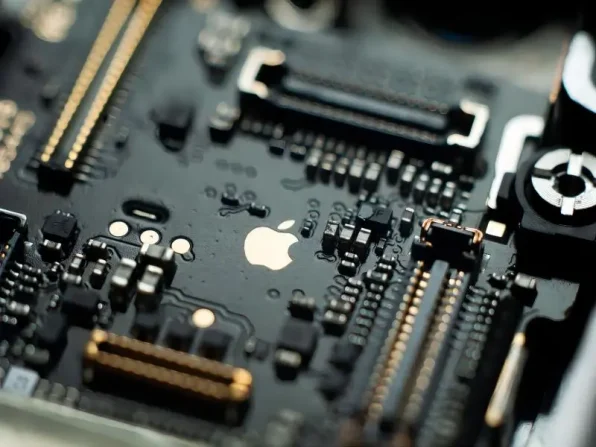Quiet Exit for AI Detector App: OpenAI quietly closes the lid on its AI plagiarism detector after numerous false positives
OpenAI, a prominent artificial intelligence research laboratory, recently made the decision to quietly shut down its AI text-detection tool due to concerns over its accuracy. This tool, which was designed to identify and flag potentially harmful or inappropriate content in texts, had been under development with the intention of aiding content moderation across online platforms.
The purpose of OpenAI’s text-detection tool was to alleviate the burden faced by human moderators who often struggle to keep up with the vast amount of user-generated content. By employing advanced machine learning algorithms, the tool aimed to provide an automated solution for identifying and filtering out problematic text-based content.
Problematic content include hate speech, misinformation, or offensive language. However, despite initial optimism surrounding its potential impact on digital safety, OpenAI decided to discontinue the tool after recognizing significant challenges related to its reliability and potential biases.
Issues And Inaccuracies Identified In Openai’s Ai Text-Detection Tool
The decision of OpenAI to quietly shut down its AI text-detection tool was prompted by a series of issues and inaccuracies that were identified during its operation. One significant problem was the tool’s propensity to generate false positives, flagging innocent content as potentially harmful or offensive. This flaw resulted in an undue burden on content creators, who had to devote additional time and resources to manually review flagged material.
Moreover, the system exhibited biases towards certain topics and communities, leading to unfair censorship and limiting free expression. Users also reported instances where the tool failed to detect genuinely problematic content. These inaccuracies underscored concerns about the tool’s reliability and highlighted the challenges in developing AI systems that can accurately detect and moderate text at scale while avoiding biases and false positives.
AI Text-Detection Tool Fail to Meet OpenAI’s Standards
In response to increasing concerns over inaccuracies, OpenAI made the tough decision to silently shut down their AI text-detection tool. This move came as a surprise to many, as the tool had gained significant attention for its potential in combating misinformation and harmful content online. However, it became evident that the tool was not meeting the high standards set by OpenAI.
The decision to quietly close down the system was deliberate, aiming to avoid any unintended consequences or undue attention during this process. OpenAI acknowledged that while their intentions were noble, they recognized the need for further research and improvement before reintroducing such a tool into society. This move highlights OpenAI’s commitment to responsible development and deployment of artificial intelligence technologies.
Implications And Future Steps For Openai In Developing Reliable Ai Tools
The decision by OpenAI to quietly shut down its AI text-detection tool raises important implications for the organization’s future endeavors in developing reliable AI tools. Firstly, this incident highlights the complex nature of training AI models to detect and classify text accurately, showcasing the challenges faced by developers in ensuring precision and avoiding biases. Moving forward, OpenAI must prioritize transparency and accountability when developing such tools.
This includes actively engaging with the wider research community and soliciting external feedback to improve their models’ performance. Additionally, investing more resources into robust data collection and annotation processes can help address biases that may emerge during training. OpenAI’s commitment to refining their algorithms through continuous iteration is crucial. They should leverage lessons learned from this experience to enhance their quality control measures and conduct rigorous testing before deploying any future AI tools publicly.









